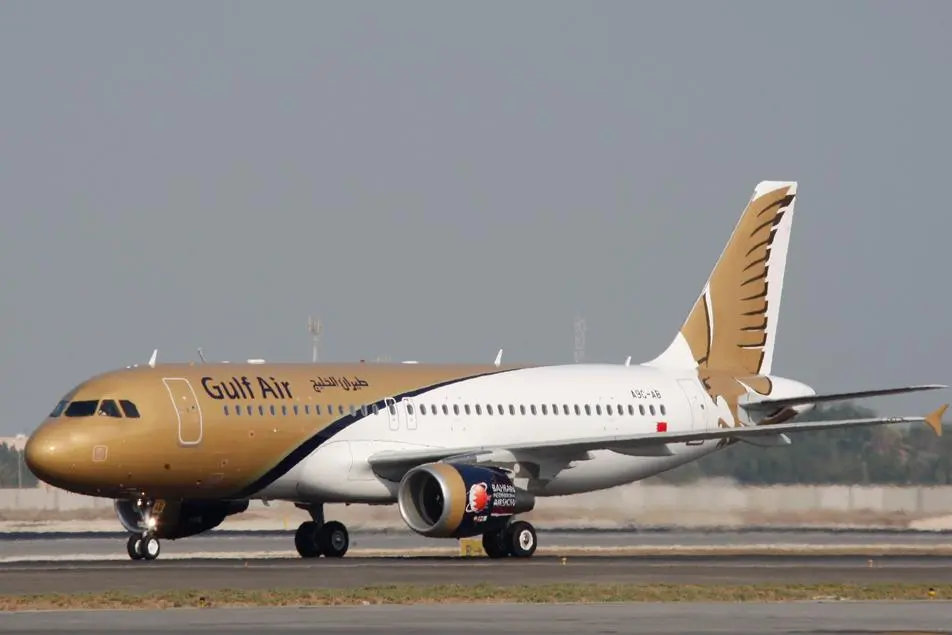PHOTO
Bahraini flag carrier to use delivery of new aircraft to boost its global footprint
Bahrain's national carrier Gulf Air plans to use its fleet of new aircraft to boost its global footprint by more than 50% within the next seven years, the chief executive officer said.
The government-backed airline placed orders worth a total of USD 7.6 billion for 45 Boeing and Airbus planes. The contracts include 16 Boeing 787-9 Dreamliners, 17 Airbus 321neo, and 12 Airbus 320neo.
CEO Maher Salman Al Musallam told Zawya the carrier will start taking delivery of the new aircraft in the second quarter of 2018.
"These planes, which are of different sizes, can boost Gulf Air's different products and services at various levels, whether it is safeguarding the environment, boosting flight connections or improving the services," he said.
The Bahraini carrier currently operates a fleet of 28 small and large Airbus airplanes but Al Musallam said the new aircraft will help it widen its global network and increase connectivity from Bahrain International Airport.
"We are hoping the company will grow to include 60 destinations by 2023," said Al Musallam.
The carrier currently serves 39 cities in 22 countries spanning three continents, a company spokesperson said, which means the aim is to boost the network by at least 53.8% by 2023. The expansion will focus on developing Gulf Air's footprint in Europe, the Indian Subcontinent and the greater Asia region, the spokesperson added.
The fleet and network developments are in parallel to the company's ongoing restructuring process. It reported a loss of BHD 62.7 million (USD 166.3 million) in 2014, compared to BHD 93.3 million (USD 247.4 million) in 2013.
Al Musallam said the restructuring plan "included closing down unprofitable destinations".
When asked about the carrier's cancelation of 16 weekly flights to Iran in January, following political tension between the two countries, Al Musallam said its Iranian business accounted for just 2.7% of the company's total revenues.
While he acknowledged the importance of the Iranian market, but said he believed other markets will help to fill the gap.
© Zawya 2016





















